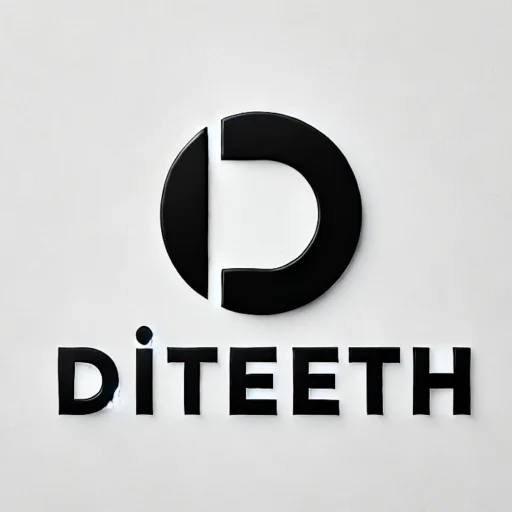
With the rise of AI-powered search engines like ChatGPT, Google Bard, and Bing AI, traditional SEO is undergoing a major shift. AI-driven search assistants don’t just retrieve results—they generate direct answers, summarize web content, and change how users interact with search results.
So, how does this affect SEO rankings, and what can you do to adapt? Let’s break it down.
1. What Are AI-Powered Search Engines?
AI search engines like ChatGPT, Bard, and Bing AI use Natural Language Processing (NLP), deep learning, and conversational AI to deliver results. Instead of simply listing links, these AI tools interpret user intent, generate summaries, and provide contextual responses.
🔹 Key Features of AI Search Engines:
✔ Conversational responses instead of traditional SERPs
✔ AI-generated summaries pulling content from websites
✔ Deeper contextual understanding rather than keyword matching
✔ Voice & multimodal search combining text, images, and speech
📌 Impact: AI-generated answers may reduce clicks to websites, but they also create new SEO opportunities.
2. How AI Search Engines Affect SEO Rankings
✅ AI Answers Reduce Organic Clicks (CTR)
When ChatGPT, Bard, or Bing AI generates an answer, users may not need to click on a website. This reduces traffic to traditional web pages.
SEO Strategy:
✔ Focus on in-depth content AI cannot fully summarize.
✔ Structure content for AI citations to be featured in AI-generated answers.
✅ E-E-A-T (Experience, Expertise, Authoritativeness, Trustworthiness) Matters More
AI search engines prioritize credible and authoritative sources to avoid misinformation. Google’s Bard and Bing AI rank websites based on trustworthiness.
SEO Strategy:
✔ Use author bylines, credentials, and expert opinions in content.
✔ Cite reliable sources and publish well-researched articles.
✅ Conversational & Intent-Based SEO Becomes Crucial
AI searches focus on natural language queries rather than traditional keyword-based searches.
SEO Strategy:
✔ Optimize for long-tail and question-based keywords.
✔ Structure content in a Q&A format for better AI visibility.
🔹 Example:
❌ “Best SEO tools”
✅ “What are the best SEO tools for ranking in AI search?”
✅ AI-Powered Search Prioritizes Structured Data
AI search engines analyze structured content more effectively. Websites using schema markup have a better chance of being referenced.
SEO Strategy:
✔ Implement FAQ, How-To, and Review schema.
✔ Use structured headings, bullet points, and metadata.
✅ Multimodal Search: Text, Images & Voice Optimization
AI-powered search isn’t just text-based—it includes images, voice, and video.
SEO Strategy:
✔ Optimize for voice search by using natural, conversational phrases.
✔ Use alt text and metadata for image search ranking.
✔ Include transcripts and captions for video content.
3. How to Optimize for AI-Powered Search Rankings
1️⃣ Create AI-Friendly, Conversational Content
✔ Use natural, engaging language instead of robotic SEO writing.
✔ Target long-form, in-depth content that AI cannot easily summarize.
2️⃣ Get Cited by AI Search Assistants
✔ Publish original research, statistics, and expert insights.
✔ Use high-authority external and internal links to support credibility.
3️⃣ Leverage AI-SEO Tools & Analytics
✔ Use AI-driven SEO tools like Surfer SEO, Clearscope, and Jasper AI.
✔ Track AI search rankings via Google Search Console & Bing Webmaster Tools.
4. The Future of SEO in an AI-Driven Search World
📌 AI-powered search reduces traditional organic traffic but increases demand for authoritative content.
📌 E-E-A-T, structured data, and conversational SEO are key for ranking in AI-driven search.
📌 Businesses must adapt to AI-generated search experiences to maintain visibility.
